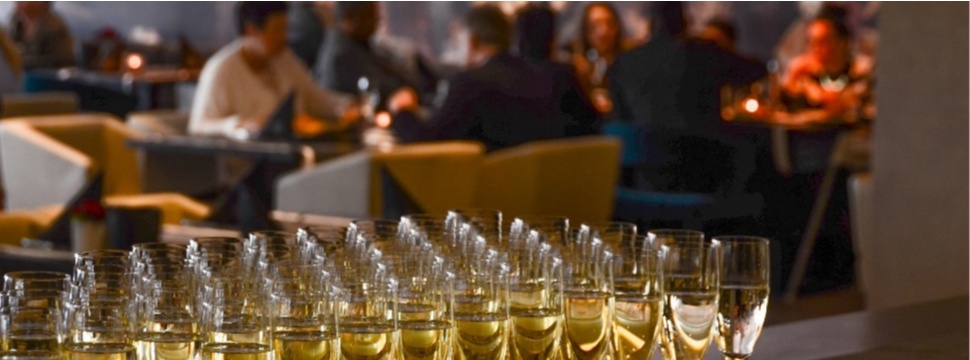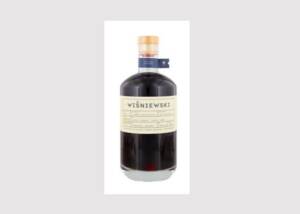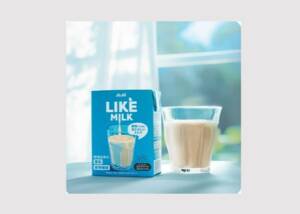Quarterly figures: Hospitality turnover still well below pre-Corona level in real terms
News General news
DEHOGA President Zöllick calls for permanent application of the 7% VAT rate

After three years of losses in a row, domestic restaurants and hotels have still not reached pre-crisis sales levels. Compared to the first quarter of 2019, before the outbreak of the pandemic, hospitality sales from January to March fell by 12.5 per cent in real terms
(nominal +7.1%), the Federal Statistical Office announced on Wednesday. Compared to the same period last year, the hotel and restaurant industry turned over 15.2 per cent more than a year earlier (nominal 27.1%), adjusted for inflation. However, it must be taken into account that the first quarter of 2022 was still massively affected by the Corona restrictions with serious losses in turnover for the catering and hotel industry (-24.0% in real terms compared to 2019). "The challenges in the hospitality industry are huge. Our businesses are suffering from the further increasing cost pressure," said Guido Zöllick, President of the German Hotel and Restaurant Association (DEHOGA Bundesverband). Return on sales and profits have dropped significantly, according to a recent study by the German Savings Banks and Giro Association (DSGV).
At the top of the industry's agenda, therefore, is the permanent application of the reduced VAT rate for meals in restaurants. "The seven per cent VAT must stay," emphasises the DEHOGA President.
Due to the massive losses in the Corona crisis, the number of taxable businesses in the sector had already fallen from 222,400 in 2019 to 186,600 (as of 2021, Destatis sales tax statistics published in March 2023), he said. "This means that the industry lost 36,000 companies within two corona years, a decline of 16.1 per cent," said Zöllick.
"The public living rooms of the republic must not disappear," warns Zöllick. He says the pandemic has shown how important hospitality businesses are to society. "Our restaurants and cafés are places of gathering, enjoyment, communication and more important than ever for social cohesion." The businesses are indispensable for attractive city centres as well as for liveable rural areas.
A tax increase would have fatal consequences. "Only with the seven per cent has it been possible to at least partially absorb the exploding costs of energy, food and staff," explains Zöllick. "If VAT were raised, the establishments would inevitably have to pass on the cost increases 1:1 to the guests through higher prices." This could not be intentional. "We want all guests to be able to afford a visit to a pub in the future as well. The seven per cent for food in the catering industry and thus the equal tax treatment of food must remain."










